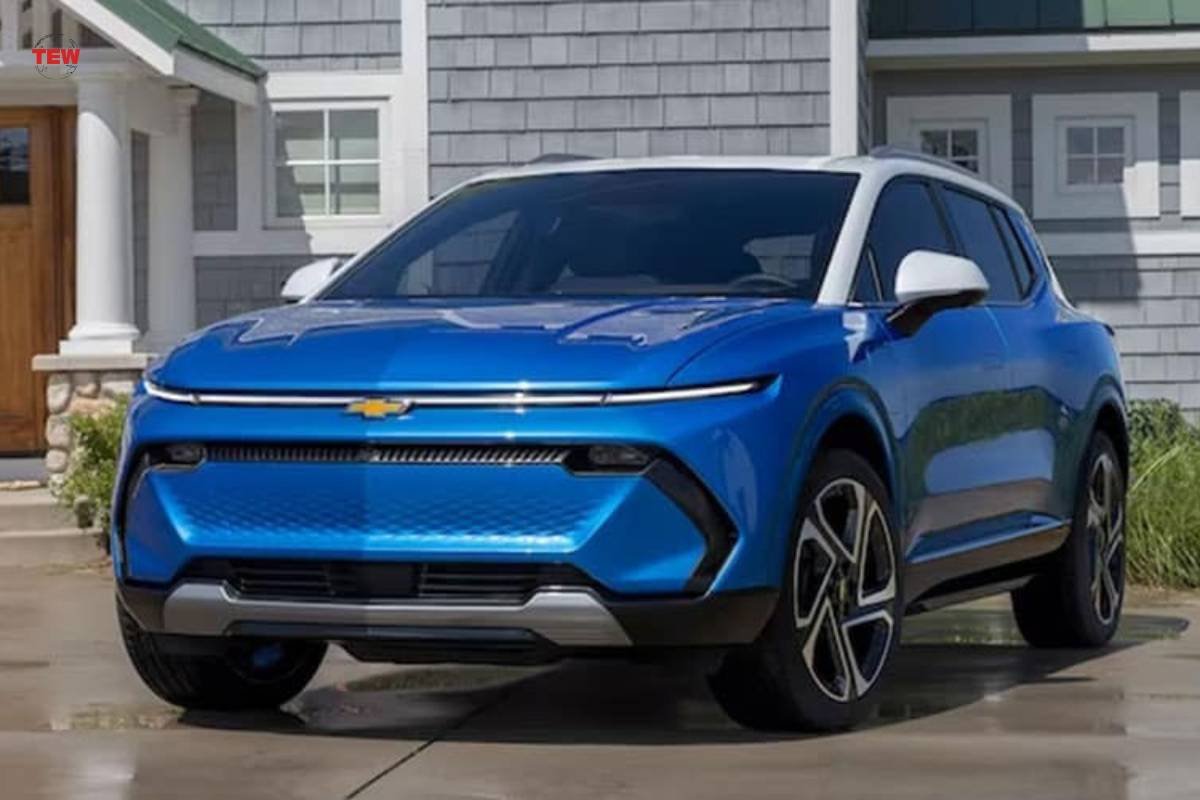Comparing Electric Vehicles and Hybrids: Which is the Better Choice?

The world is rapidly shifting towards sustainable transportation, with electric vehicles and hybrids taking center stage in this transformation. As consumers become more conscious of their carbon footprint, understanding the differences between these two types of vehicles has never been more crucial. This article delves into what electric vehicles and hybrid vehicles entail, comparing their benefits and limitations to help you make an informed decision.
Introduction

As we witness the rising threat of climate change and environmental degradation, the popularity of eco-friendly vehicles is gaining momentum. The automotive industry is evolving to provide alternatives that lessen our reliance on fossil fuels and reduce harmful emissions. Among these alternatives, electric vehicles (EVs) and hybrids stand out as leading options for modern-day drivers.
In this section, we will explore why more people are considering electric cars and hybrid vehicles, discussing their unique attributes and the factors influencing consumer choices.
Growing Popularity of Eco-Friendly Vehicles

With mounting concerns about climate change and air pollution, the push for greener transportation solutions has intensified. Governments globally are implementing stricter emissions regulations and incentivizing consumers to adopt cleaner technologies. Consequently, electric vehicles and hybrids have emerged as viable solutions that promise reduced environmental impact without sacrificing performance or convenience.
Furthermore, advancements in technology have significantly improved the efficiency and affordability of these vehicles. Consumers are not only motivated by environmental concerns but also by the allure of new innovations and economic benefits associated with owning electric cars and hybrids.
Purpose of the Comparison: EVs vs Hybrids
Understanding the distinctions between electric vehicles vs hybrids is essential as potential buyers weigh their options. Through this comparison, we aim to clarify how each type of vehicle operates, its advantages, disadvantages, and which circumstances suit them best. By the end of this discussion, you’ll be equipped with the knowledge needed to make the ideal choice that aligns with your lifestyle and values.
What Are Electric Vehicles (EVs)?

Electric vehicles (EVs) represent a significant departure from traditional gasoline-powered cars. They rely entirely on electricity stored in batteries to power an electric motor, offering a clean and efficient means of transportation. This section dives deeper into the definition of electric vehicles and how they function, alongside their primary benefits and challenges.
Definition and How They Work
An electric vehicle is defined as any car that runs solely on electricity. Unlike conventional vehicles that depend on internal combustion engines (ICE), EVs utilize electric motors powered by rechargeable battery packs.
When you plug in an EV to charge, electricity flows into the battery pack, storing energy for later use. Some popular models include the Tesla Model 3, Nissan Leaf, and Chevrolet Bolt. When it comes to driving, electric motors deliver instant torque, allowing for impressive acceleration and a smooth driving experience.
Charging infrastructure plays a crucial role in the feasibility of electric vehicles. Home charging stations, coupled with an expanding network of public charging stations, enable EV users to recharge conveniently. Moreover, many EVs come equipped with regenerative braking systems that convert kinetic energy back into electricity during braking, further enhancing their efficiency.
Key Benefits of EVs
- Environmental Impact: The most compelling reason to choose an electric vehicle is its minimal effect on the environment. With zero tailpipe emissions, EVs contribute to cleaner air and lower greenhouse gas emissions.
- Cost Savings: Although EVs can have a higher upfront cost, they often result in long-term savings due to lower fuel and maintenance expenses. Electricity is generally cheaper than gasoline, and EV owners can take advantage of tax incentives and rebates.
- Quiet Operation: Electric motors operate quietly compared to internal combustion engines, providing a more serene driving experience. This contributes to reduced noise pollution, particularly in urban settings.
- Improved Performance: The immediate torque provided by electric motors results in swift acceleration, giving EVs a sporty feel. The low center of gravity, thanks to battery placement, also enhances stability and handling.
Common Limitations of EVs
- Range Anxiety: One of the most significant concerns for potential EV buyers is range anxiety—the fear that the vehicle won’t have enough battery power to reach its destination. While many newer models boast increased ranges, longer trips may still necessitate planning charging stops.
- Charging Time: Despite advancements in fast-charging technology, replenishing an EV’s battery takes longer than refueling a gasoline vehicle. This can pose a challenge for those with limited access to charging stations or for long-distance travelers.
- Initial Cost: The upfront costs of electric vehicles can be daunting for some consumers, although prices have steadily declined as technology improves.
- Limited Model Availability: Although the market for electric cars is expanding rapidly, there might still be limited choices in certain vehicle segments, such as trucks or larger SUVs.
What Are Hybrid Vehicles?
Hybrid vehicles combine elements from both traditional internal combustion engines and electric propulsion systems. Their design allows them to operate on either gasoline or electricity, maximizing fuel efficiency while reducing emissions. In this section, we will explore the definition of hybrid vehicles, their various types, and their benefits and drawbacks.
Definition and How They Work
A hybrid vehicle employs a combination of an internal combustion engine (ICE) and one or more electric motors. Depending on the driving situation, hybrids can operate in several modes, such as:
- Electric-only mode: Using just the electric motor for short distances.
- Gasoline-only mode: Relying solely on the engine for higher speeds or longer trips.
- Combined mode: Utilizing both the engine and electric motor for optimal performance.
One notable feature of hybrids is their ability to regenerate energy through braking, converting kinetic energy back into electricity to charge the battery. This makes them more efficient than traditional combustion vehicles while minimizing the need for external charging.
Types of Hybrids (Full, Plug-in, Mild)
Hybrids come in different configurations, each with distinct characteristics and benefits:
- Full Hybrids: These vehicles can run on either the electric motor alone or the gasoline engine, using both when necessary. Examples include the Toyota Prius and Ford Escape Hybrid.
- Plug-in Hybrids: Similar to full hybrids but with larger battery capacities, plug-in hybrids can be charged from an electric outlet, allowing for extended electric-only driving ranges. Popular examples include the Mitsubishi Outlander PHEV and the Toyota RAV4 Prime.
- Mild Hybrids: These vehicles cannot operate on electricity alone and primarily rely on the gasoline engine. The electric motor assists the engine for better fuel economy and performance, such as in the Honda Accord Hybrid and Chevrolet Malibu Hybrid.
Key Benefits of Hybrids
- Versatility: Hybrid vehicles can switch between gasoline and electric power seamlessly, making them suitable for a wide range of driving conditions.
- Fuel Efficiency: Due to their dual power sources, hybrids typically achieve better fuel economy than traditional gasoline vehicles, helping owners save money at the pump.
- Reduced Emissions: While hybrids do emit greenhouse gases, their overall emissions are lower than those of standard vehicles, contributing positively to environmental efforts.
- Convenience: Since hybrids don’t require frequent charging like EVs, drivers can fill up at conventional gas stations, making them more convenient for long-distance travel.
Common Limitations of Hybrids
- Complexity: Hybrid systems are more complicated than traditional engines, potentially leading to higher repair costs if components fail.
- Less Environmental Benefit than EVs: While hybrids are more efficient than traditional vehicles, they still produce emissions, making them less environmentally friendly than pure electric vehicles.
- Performance Trade-offs: Although hybrids offer good fuel efficiency, they may lack the instantaneous torque and acceleration that pure electric vehicles provide.
- Battery Life Considerations: Over time, hybrid batteries may lose their capacity, requiring costly replacements.
Head-to-Head Comparison: EVs vs Hybrids
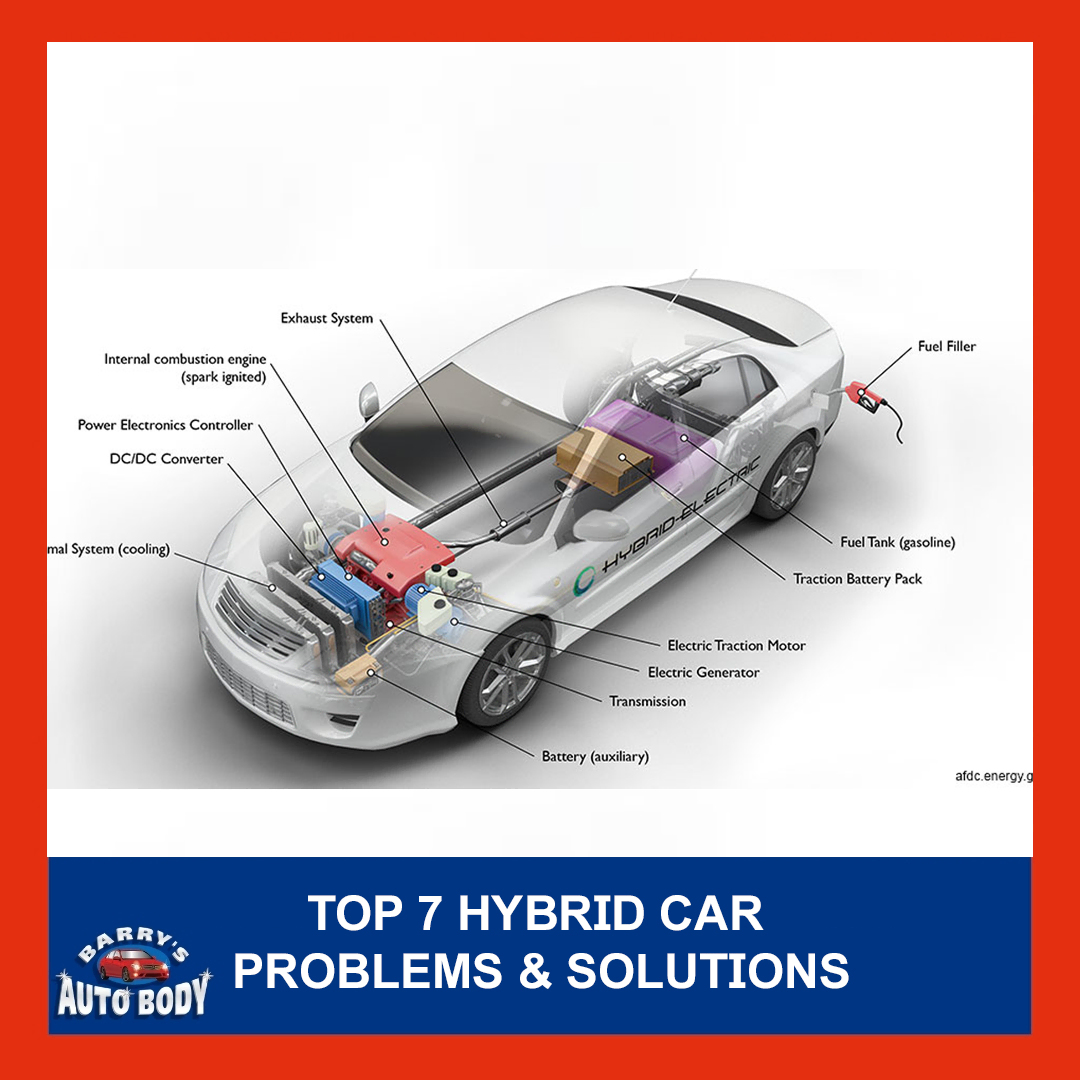
Now that we have examined electric vehicles and hybrid vehicles separately, it’s time to compare them directly across various criteria. This section will focus on critical areas such as environmental impact, fuel efficiency, purchase price, driving range, and overall performance.
Environmental Impact and Emissions
The environmental impact of a vehicle is a paramount consideration for many consumers.
Electric vehicles produce zero tailpipe emissions, contributing to a significant reduction in air pollution and greenhouse gas emissions, especially if charged from renewable energy sources. However, it’s worth noting that the environmental footprint of manufacturing EV batteries can be substantial, and fossil fuel usage in electricity generation can offset the benefits.
On the other hand, hybrid vehicles emit fewer pollutants than traditional vehicles, but they still generate CO2 and other emissions, albeit at reduced levels. While hybrids provide a transitional solution toward electrification, they do not fully eradicate emissions like EVs do.
Fuel Efficiency and Energy Costs
Fuel efficiency is a crucial consideration for many car buyers.
Electric vehicles enjoy significantly lower energy costs since electricity is generally less expensive than gasoline. The cost per mile for EVs can be substantially lower, translating to significant savings over time.
Hybrids, while more efficient than regular gasoline vehicles, still depend on fossil fuels. However, they utilize their electric powertrain to achieve better mileage, often resulting in an impressive miles-per-gallon rating.
Purchase Price and Maintenance Costs
The initial purchase price of a vehicle can heavily influence buying decisions.
Electric vehicles tend to have a higher upfront cost compared to hybrids, mainly due to the expensive battery technology involved. Nevertheless, government incentives and tax credits can help offset these costs, making them more accessible.
Hybrids usually have a lower entry price point, appealing to budget-conscious consumers. Maintenance costs for hybrids may also be more manageable since they have simpler powertrains compared to electric vehicles, which may face challenges related to battery wear.
Driving Range and Charging/Fueling Convenience
Driving range and convenience are essential factors for potential car buyers.
Electric vehicles have traditionally struggled with range anxiety, though many modern EVs now boast ranges exceeding 300 miles on a single charge. Fast-charging stations are becoming more prevalent, alleviating concerns for longer journeys.
Hybrids, however, provide the flexibility of using gasoline as a backup, eliminating range anxiety altogether. Drivers can refill at any gas station without the hassle of finding a charging station, making hybrids ideal for long-distance travel or rural environments.
Performance and Driving Experience
Finally, the driving experience can greatly influence a buyer’s decision.
Electric vehicles offer a unique experience marked by instant torque delivery, creating thrilling acceleration. The low center of gravity also contributes to a stable and enjoyable ride.
Hybrids can feel less “sporty” than EVs, relying on both their gas engine and electric motor for performance. However, driving behavior varies widely among models, with some hybrids engineered for spirited drives.
Use Case Scenarios – Which Vehicle Suits Your Lifestyle?
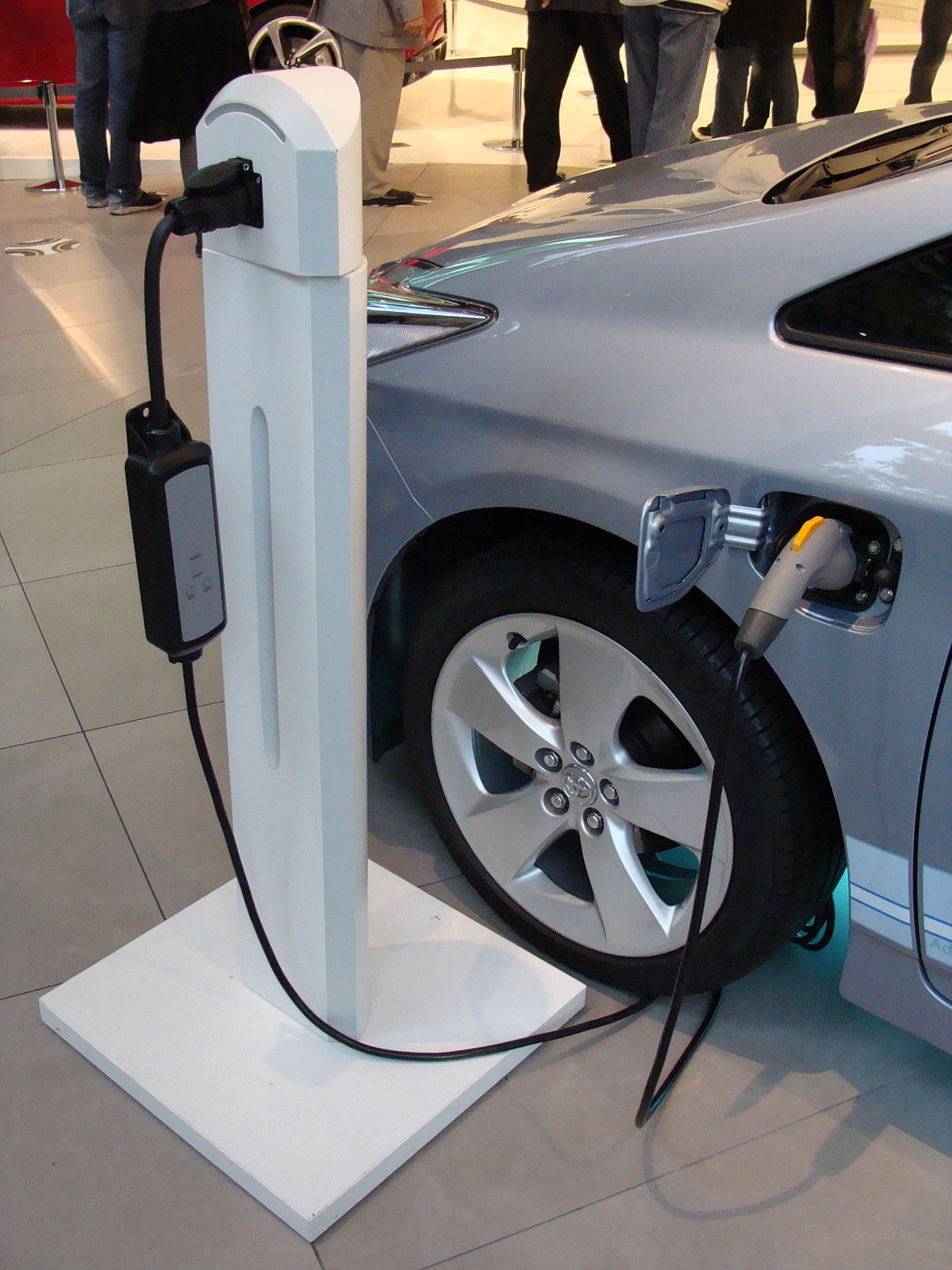
Choosing between electric vehicles and hybrids often hinges on specific lifestyle needs. This section provides context by examining various consumer scenarios.
Best Option for Urban Commuters
For urban commuters navigating congested city streets, electric vehicles are often the superior choice. Their zero emissions contribute to cleaner air, while the quiet operation ensures a peaceful drive. Easy home charging further enhances convenience for daily commutes.
Best Option for Long-Distance Travelers
Those frequently embarking on longer journeys may find hybrid vehicles to be the best option. With the ability to switch between electric and gasoline power, hybrids eliminate range anxiety and can refuel quickly at gas stations. Additionally, hybrids typically offer greater driving range on a full tank compared to most EVs.
Best Option for Budget-Conscious Buyers
Budget-conscious consumers may lean toward hybrids, given their lower upfront costs and impressive fuel economy. Lower initial investments can make hybrids attractive, especially for those who prioritize practicality over cutting-edge technology.
Best Option for Sustainability-Focused Consumers
Sustainability advocates will likely gravitate towards electric vehicles, given their potential for zero emissions and lower environmental impact. With the right charging infrastructure in place, EVs represent the most eco-friendly option currently available.
Future Outlook of EVs and Hybrids
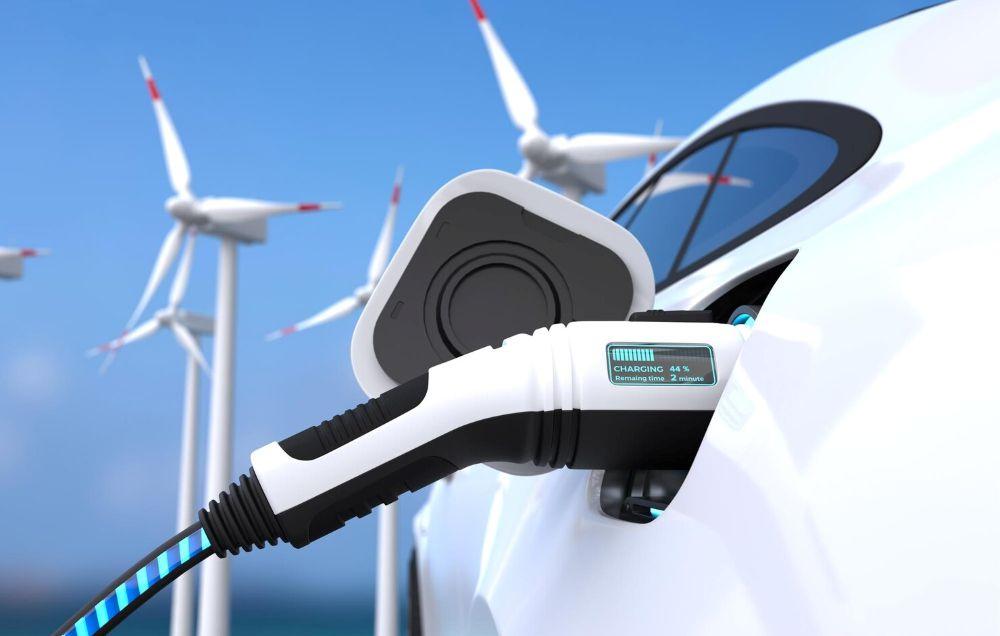
With the automotive landscape changing rapidly, understanding the future trajectory of electric vehicles and hybrid vehicles is vital for prospective buyers. We will examine current market trends, governmental policies, technological advancements, and resale value considerations.
Market Trends and Government Policies
The automotive market is witnessing a seismic shift toward electrification, driven by consumer demand and supportive government policies. Many countries are setting ambitious targets to phase out gasoline-powered vehicles, with incentives to encourage EV purchases. This trend is expected to bolster the growth of both electric and hybrid vehicles, making them increasingly mainstream.
Technological Advancements
Technological advancements continue to reshape the automotive industry. Battery technologies are improving, leading to higher energy density and faster charging times. Innovations such as solid-state batteries could revolutionize the range and performance of electric vehicles.
In parallel, hybrid technology is advancing, with manufacturers developing more efficient systems that enhance fuel economy while decreasing emissions. Enhanced connectivity features are also emerging, providing drivers with real-time data regarding charging station availability and efficiency monitoring.
Resale Value and Long-Term Ownership Considerations
Long-term ownership considerations play a role in purchasing decisions. Historically, electric vehicles faced depreciation issues due to rapid technological advancements, but growing market acceptance is stabilizing resale values.
Hybrids, being more established in the market, tend to maintain their value better. However, as the demand for EVs rises, they may become increasingly competitive in the resale market.
Video
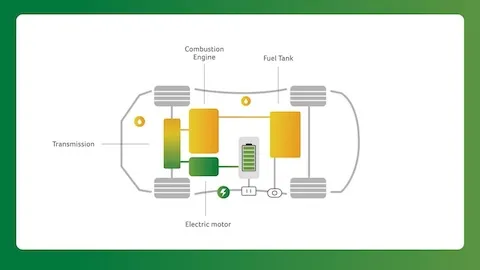
Conclusion
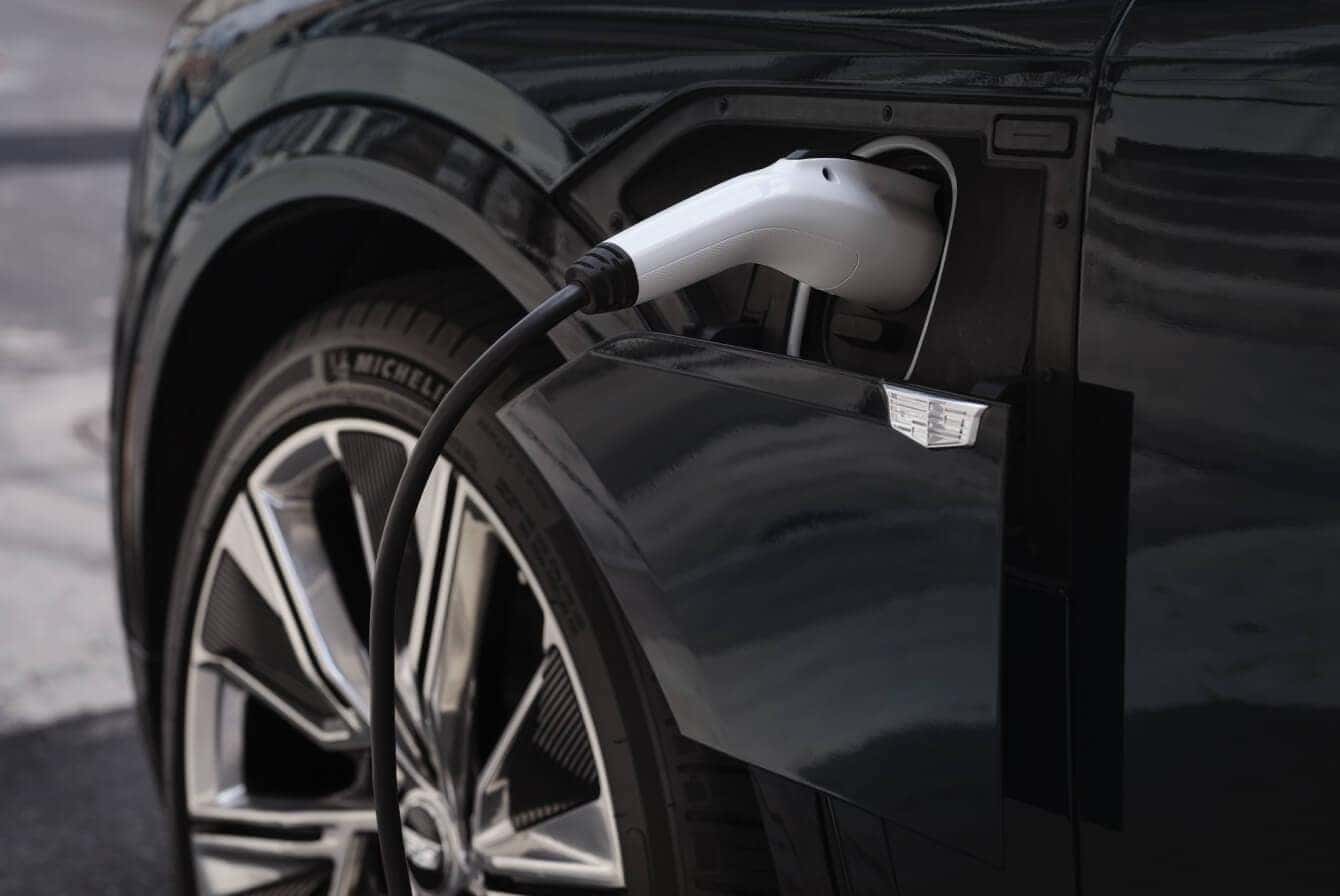
Navigating the complex landscape of electric vehicles and hybrids requires a thorough understanding of their unique characteristics and implications for consumers. As we’ve seen, both options offer significant benefits while presenting their own set of challenges. Ultimately, the choice between electric vehicles and hybrids hinges on individual priorities such as environmental impact, convenience, performance, and budget. By carefully considering your lifestyle and preferences, you can select the vehicle that best aligns with your personal values and driving needs.
You can read: Fastest Electric Cars 2025: Top Speed Records and Innovations Unveiled

